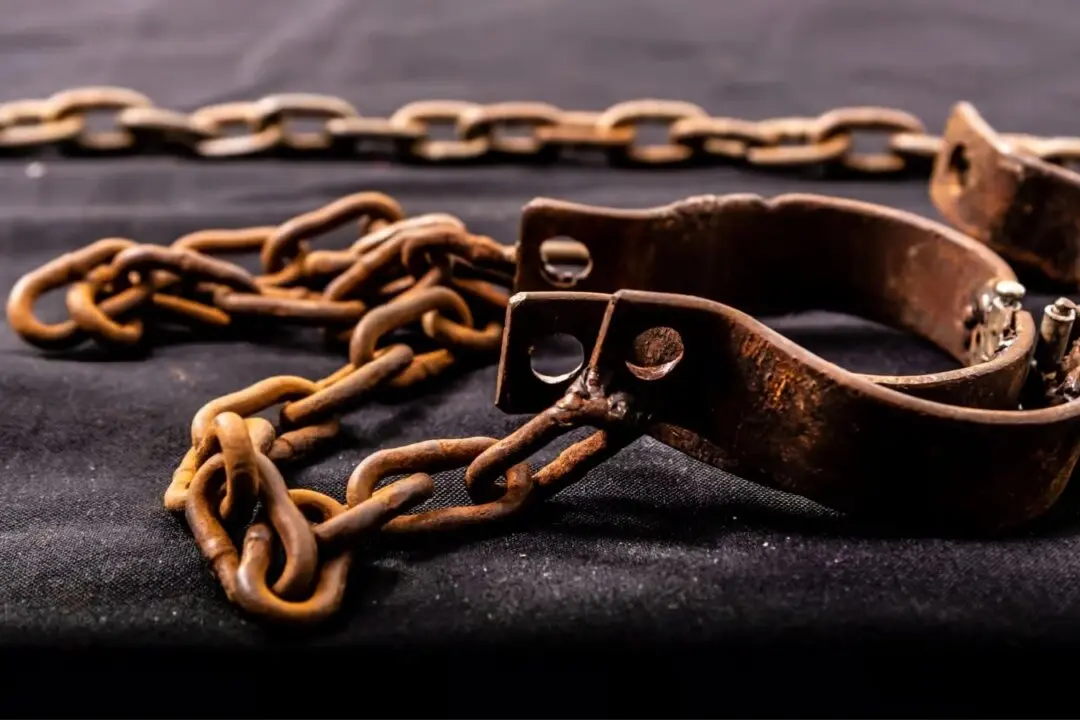Commentary
The Evil of Aimlessness
I once worked in communities supported mainly through a form of universal basic income (UBI). Most money was received from the government for no (or token) work, or from mining royalties; others worked digging on the communities’ lands. There were walls black and heaving with cockroaches while children slept with dogs on stained mattresses below, and babies covered head to toe in pustular scabies while the mother complained about a sore back. This was not universal, but not uncommon. Other communities that stood out as strong and healthy had people working hard for a living—particularly in roles that reflected their culture—a very different economy.Men who once worked hard to support families lose the reason to do so when it makes no real difference, when the basics of life and leisure are equally available to those who work for them and those who do nothing. It is not a political issue, just a human behavioral and psychological one. Removing the need to work and the dignity of striving and succeeding, especially before one’s family, leads to inaction, loss of interest in the world, a loss of role (i.e., a loss of dignity), and depression. This is dampened by alcohol or drugs. Wives and children suffer by being beaten up by drunk, frustrated, and drugged men. Having two frequently drunk parents ensures children are malnourished and aimless.





